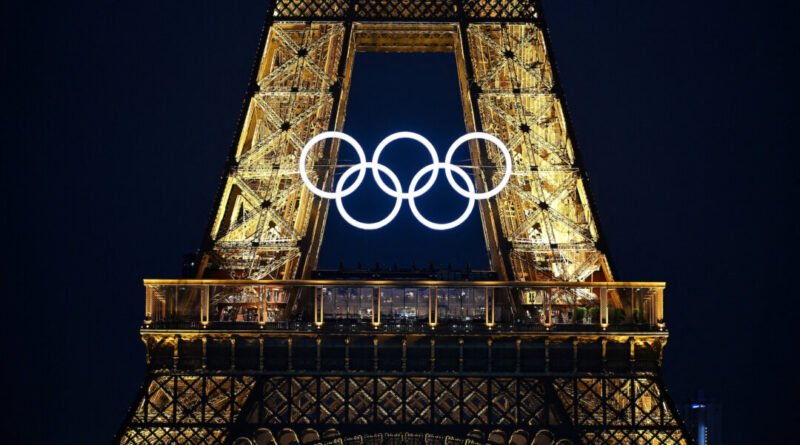The Olympics: A Focus on Everything Except The Sports
The Olympics is a melting pot of politics, culture, economics, goodwill, danger, and a little sport, according to one academic.
What started with religion, art, and music in ancient Greece is now a melting pot of political, economic, and social factors.
The Olympics will kick off in Paris this week amid a splendid opening ceremony performed on boats over the water, and a startling spectacle is par for course to revitalize an event that has survived antiquity.
New sports including skateboarding and break-dancing will aim to put a modern spin to reel in younger fans, and keep interest going for many more years.
The Olympics, it seems, has never been more in need of a shot in the arm when it comes to younger fans, with younger people now tuning in to e-sports, and instead, tuning out of the ancient show of physical might.
Bond University sport and international relations expert, professor Stuart Murray, says one curious aspect of the event, despite its enormity, is that the fan base can be quite niche.
“It really does appeal to an elite level of person,” he told The Epoch Times.
The Games During a Time of Tension
Speaking after the Munich Massacre—a terrorist attack at the 1972 Olympic Games that killed 11 Israeli athletes—the International Olympic Committee (IOC) President Avery Brundage noted that “sadly, the greater and more important the Olympic Games become, the more they are open to commercial, political, and now-criminal pressure.”
Professor Murray said the same was true of Paris in 2024—a time when geopolitical tensions continue with the Israel-Hamas war, the Ukraine war, and increased terrorist activity in sub-Saharan Africa.
Cultural turmoil continues over climate change, gender, and unemployment.
French officials have expressed concerns of terrorism and cyber attacks. Visitors have reported a strong police and military presence on the streets—a stark contrast with historic notions of the city of love.
Some Australians have already reported incidents of sexual assault and being mugged in Paris.
In April, an 18-year-old Chechen teenager suspected of plotting an Islamist-inspired attack on a football game was arrested in what was termed the first foiled attack targeting the games.
“As Michel Foucault, the French philosopher would advise, sport is but a social institution that like art, war or music, simply reflects the era in which it finds itself,” Mr. Murray said.
“In other words, you’ll probably see a bit of everything in Paris—the good, the bad, and the ugly.”
Hope Amid the Chaos
Academics from the University of South Australia say while most sporting fans don’t support the mix of athletic ability and politics, the two often end up as strange bedfellows.
A joint study with Teesside University in the UK found 80 percent of football fans like to keep the two separate, but Professor Jamie Cleland from the University of South Australia says the practice is nothing new.
He says protests at the Olympics date back to 1906 when English athlete Peter O’Connor climbed up the Olympic flagpole with an Irish flag in protest of being called a British competitor.
“You’ve really got to look at the Olympics as a means to an end,” Mr. Murray says, but it’s not all doom and gloom.
Despite discord and dispute, Mr. Murray says the key elements of the Games stand the test of time—goodwill, good economics, and good behavior.
In a firm display of playing the global parent, the IOC will make itself clear on the values of the games.
There will be no judges from the Taliban due to women being banned from competition in Afghanistan, and Russians will compete, but as neutral agents.
“It’s an aspirational thing, it’s about hope, about peace,” Mr. Murray said.



